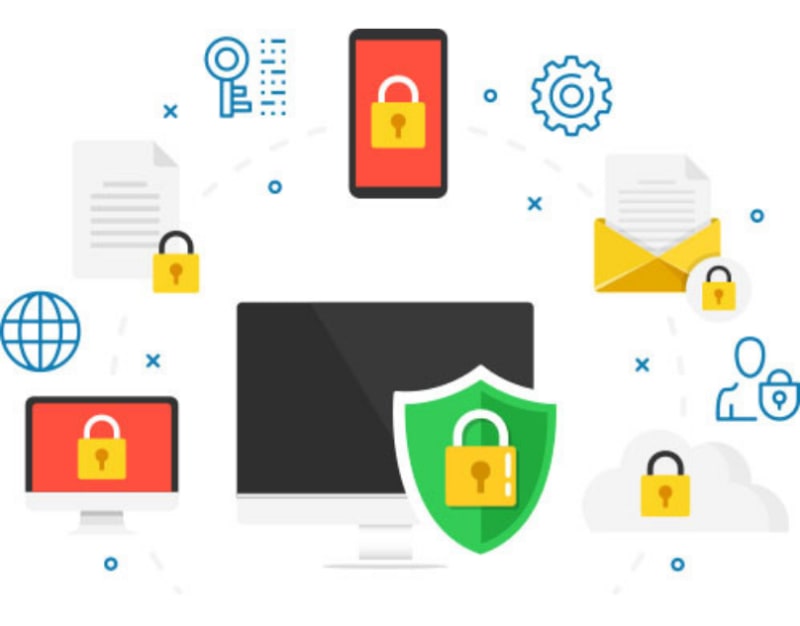Security testing provides a platform through which the testing techniques are combined to test the application for security issues and problems. The security aspect of the functionalities and data aspects of the application are tested using this method. The security testing team must have a well-defined testing strategy along with the right set of testing tools to assess and fix the security-related vulnerabilities in a system or application. In this article, you will get to know about security testing along with its strategic importance.
What is security testing?
It is a testing method that identifies security-related vulnerabilities in a system or application and makes sure that the resources and data of an organization are protected from potential intruders. Those potential vulnerabilities that can be exploited by cyber intruders are identified and tackled appropriately.
Hence, it becomes important for an organization to tactfully implement cybersecurity testing. If need be required, the organization can take help from a professional security testing company that can provide valuable security test services.
Following are a few key reasons that describe the strategic importance of security testing:
1. A secure application comes with good quality: A high-quality and bug-free application is not only judged by how well it performs and functions, but also is judged by how secure it is. The QA team must analyze the security risks, which in turn helps them in adding an extra layer of protection against cyber threats.
Security testing use cases encompass essential areas like session timeouts, logins, permissions, password encryption and cookies. It also ensures the ways of bypassing existing controls. All these crucial aspects fall under the purview of an application that is secure.
2. It is a cost-effective process: Fixing a security flaw in an application post-release can be a costly proposition. Hence, if the costs of fixing the security flaw need to be lowered, then security testing needs to be performed in the early stages of the software development process. After the product has been deployed, vulnerabilities can be discovered.
Those organizations who understand the value of security testing implement it in the early stages of the software development life cycle process and identify potential security risks. This will in turn save time and cost to a great extent. If an organization does not have security expertise, then it can always rely on a competent security testing company.
3. An integral part of software testing: Cyber security testing plays a key role in testing and verifying an application from a security point of view and making the adjustments accordingly. The software testing team should strive to look for vulnerabilities in the client-side or server-side application, system software and network.
Specific objectives of security testing:
• Potential vulnerabilities are measured in a system
• Every possible security risk is detected in the system
• Providing a platform for developers, so that they can use the coding platform for solving security problems
• Vulnerabilities such as misconfigured systems, unpatched software, weak passwords etc., are identified that can be exploited by intruders
• The system's ability is assessed to know whether it can withstand different types of attacks such as application-level attacks, social engineering attacks, network attacks etc.
• Security testing provides a tactical platform to make sure that the system meets relevant security regulations and standards such as SOC2, PCI DSS and HIPAA
• The specific risks due to a security incident that might occur in a production environment are reduced by the security test method.
Conclusion: If you are looking forward to implementing security testing for your specific project, then do get connected with a premium software testing services company that will provide you with pragmatic testing solutions that are specific to your project requirements.







Top comments (0)